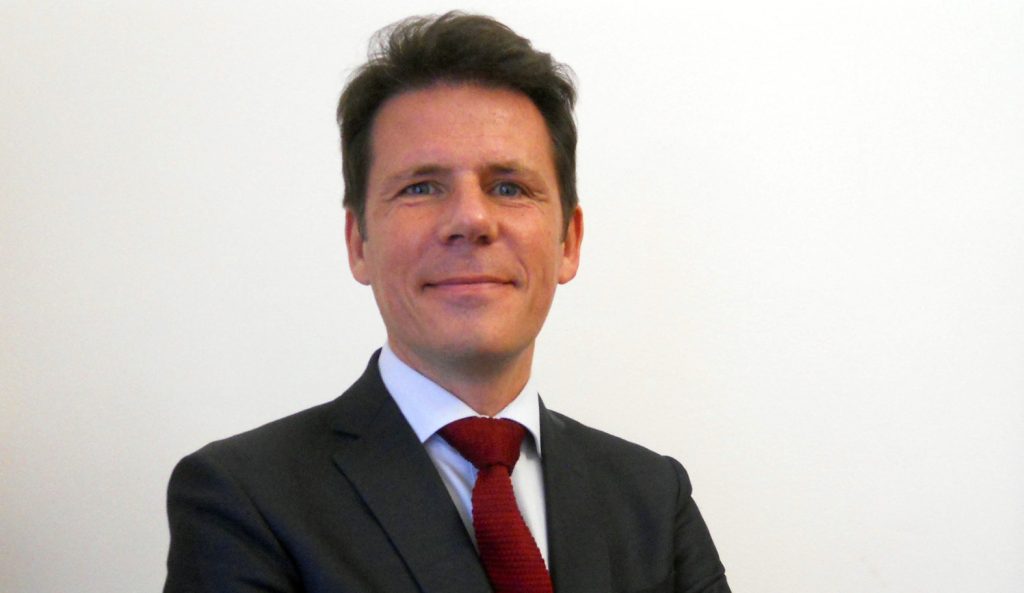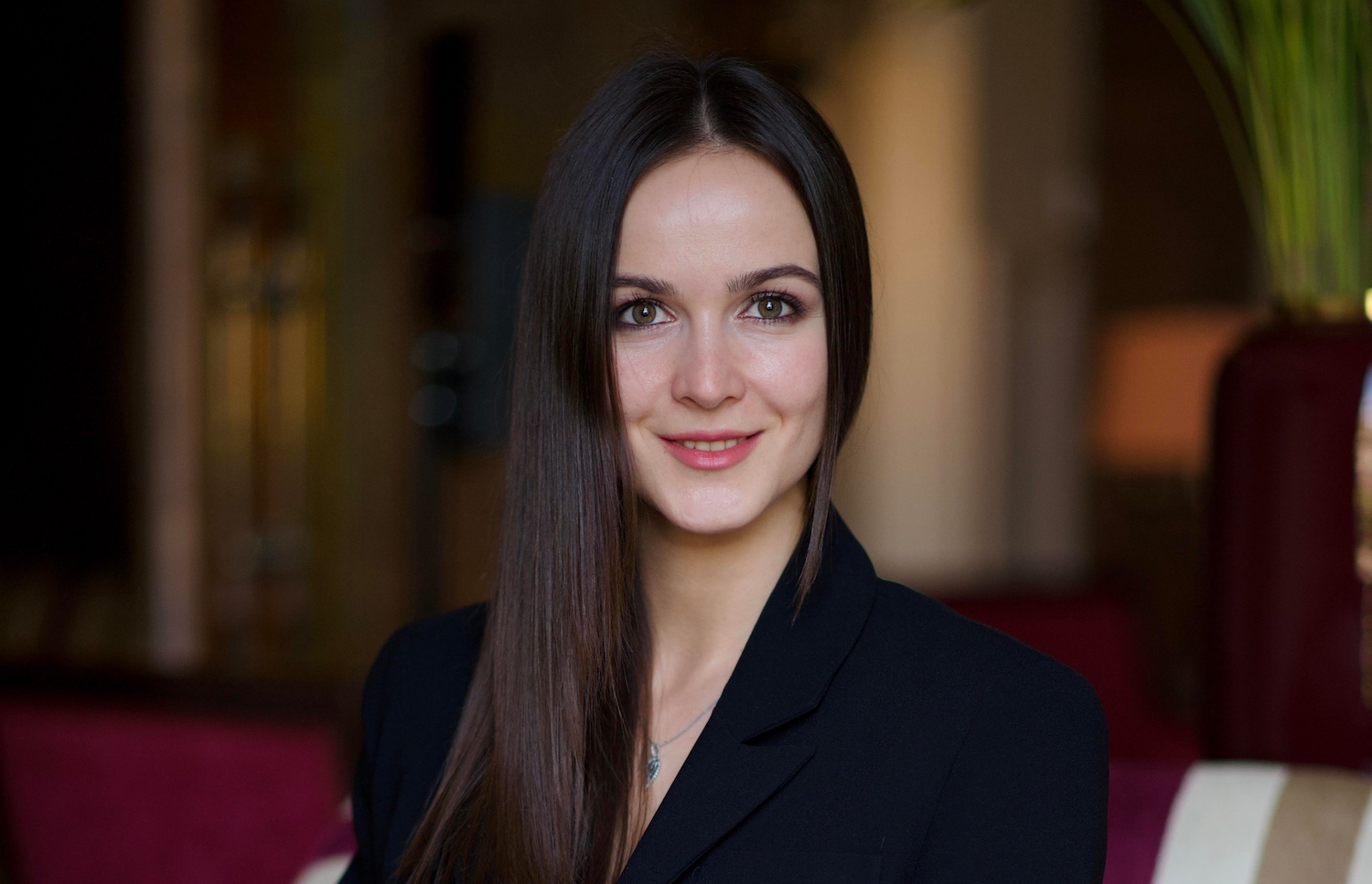Portugal is thinking about taxing crypto. The crypto millionaires are not happy
Ole, a Scandinavian VC, moved to the Portuguese coast in 2020 when the pandemic broke out. Like many emigrants, he was lured by the warm climate, the calm political environment and reasonably low prices. But, as good as the weather can be in the south, there was another incentive at play for this crypto investor: taxes. Or rather the lack of them.
But the good times may soon be over for Ole and other crypto investors like him. Portugal’s Ministry of Finance is reportedly preparing a new draft law that will put an end to the crypto tax haven, to be presented with the next budget in October.
What will the crypto millionaires do now? And what would that move mean for the country’s burgeoning startup scene?
The allure of Portugal
Both Ole, 56, and Andrey, a 30-year-old Eastern European founder of Sifted interviews, now live in Portugal. Both refuse to give their real names for this article – and both initially tell Sifted that taxes were not their main motivation for moving to and staying in Portugal.
But as our conversations continue, they express their indignation at the prospect of seeing these tax benefits disappear. Especially – say both – as they contributed so much to bringing qualified professionals to the country, further fertilizing an already quite dynamic startup ecosystem.
In the Lisbon suburb of Cascais, over a glass of white wine, Ole tells Sifted that safety, cost of living, weather and “seriously nice people” were the reasons that made him start looking for property in Portugal two years ago after working more than three decades in trading – and more recently in crypto.
He heard “that many French, many Germans” moved to the country for the same reasons – and taxes were important to them. “You have to respect other people’s money,” he says. “If you tax them too much, you will lose them. Why do that?”
If Portugal starts taxing crypto transactions, Ole believes that many of his crypto acquaintances “will just look for a new place”. Greener pastures may be Malta, which has so far shown no interest in taxing crypto assets in any way.
“People who come here spend a lot of money, and that means businesses are doing well. They can create jobs, said Ole. “Taxing wealth is a bad idea.”
If taxes are raised and people move, companies may close and investments may be reassessed or outright withdrawn, he added.
Portugal has experienced something similar before. When tax benefits for start-ups headquartered in Portugal’s interior were scrapped in 2012 – as the country grappled with the harsh conditions of an economic bailout – companies and jobs were destroyed, according to a recent study. If a lower corporate tax rate had been implemented instead, nearly 30,000 new companies and more than 220,000 new jobs could have been created, the study found.
Rui Serapicos, president of the Portuguese Blockchain Alliance, tells Sifted that the Portuguese government’s crypto law needs to be “crypto-friendly, but with an intelligent fiscal incidence on crypto-activity”.
Caution is essential to avoid scaring away some of the most valuable individuals among Portugal’s 300,000 cryptocurrency investors, and to protect the viability of over 30 Web3 startups already operating in Portugal, according to his estimates.
If a law taxing crypto is approved in parliament, “the crypto millionaires living in the country will have to do a cost-benefit analysis”, he said – and a new tax-free jurisdiction may well seem worth moving to.
The dawn of a crypto hotspot?
Crypto transactions to and from Portuguese accounts amounted to €27 billion in the year to 30 June 2021, according to chain light data. And in 2021 alone, investors headquartered in Portugal realized cryptocurrency gains of 1.3 billion euros, according to Chainalysis’ estimates, across countries such as Belgium, Austria and Norway.
Investments in startups also more than tripled from €345m in 2020 to €1.1bn in 2021. In the first five months of 2022, Portuguese startups had already raised €1.1bn, of which at least 71% came from abroad, according to Dealroom- data.

Andrey, whose company provides services for crypto exchanges, tells Sifted that Portugal did “nothing” to become such a crypto hub in Europe, “and it worked pretty well during the pandemic.”
He reckons that if the Portuguese government continues to do nothing, the country “could quickly become an important crypto hotspot in the world”.
“But I’m really worried right now,” he said. “All foreigners coming to Portugal with a crypto background apply for NHR status” – the non-resident tax regime that offers a fixed tax rate of 20% on salary and professional income, for a period of 10 consecutive years, to all foreigners who decide to to establish itself in the country — and crypto’s current free lunch. “When you remove one of these [it’s] is going to severely damage the country’s current situation” — and future prospects for foreign investment, he believes.
Tax breaks “not sustainable”
Violetta Chekan, founder of the Vis Caeli startup studio, which is focused on Web3 startups founded by entrepreneurs from post-Soviet countries, believes this kind of tax relief is not really such a big deal.
She moved to Porto from Belarus a decade ago, and is now a resident. “I know a lot of investors who moved to Portugal, but I wouldn’t say that taxes were the main incentive – although they are definitely an advantage,” she says.

“The investors I know moved and stayed because of a combination of things Portugal offers: great weather, friendly people who speak English, a comfortable time zone for business, security, surfing opportunities – and because it is an EU country with European law and cultural values .”
“I don’t think it’s sustainable to give such tax benefits for a limited period,” she adds; instead, she believes the country needs “a better legal and tax system”, limiting income tax and social security contributions so local and foreign talent can earn higher wages. “Either you transform the country into a more competitive business environment on an international level, or it just goes in a cycle – people come and go.”
Pedro C. Garcia is a writer based in Lisbon.


